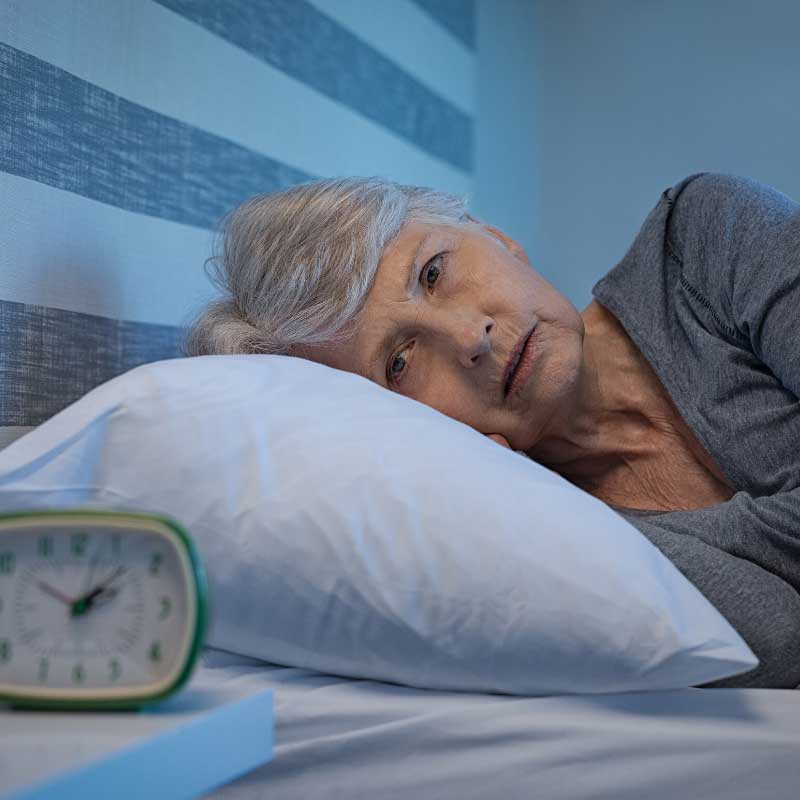Tips to Help You Sleep Better
Uninterrupted sleep. It’s the perfect recipe to start a perfect day. Our body needs sleep as much as it needs a healthy diet and regular exercise. Sleeping well has many benefits such as improved memory and heart health, and reduced stress and inflammation. It also supports our immune system while giving our body time to grow and repair itself. However, catching a full night’s rest is not always easy. As we age, the risk of sleep apnoea increases, and some health conditions make sleeping soundly difficult. If you’re dreaming of a good night’s sleep, try these 3 tips for a satisfying snooze!
Reduce blue light exposure
At the end of a long day many of us enjoy watching TV, Netflix, or scrolling through our phones. However, these habits expose us to blue light. When it’s dark outside, bright light exposure can have quite an impact. It can cause your circadian rhythm (sleep/wake cycle) to trick your brain, making it think the day is still underway. It also reduces our melatonin hormone, which is vital for relaxation and deep sleep. Experts recommend turning off screens and bright lights 2 hours before heading to bed. Swap your screen time. Try reading a book, listening to the radio, writing in a journal, or taking a relaxing warm bath instead. These activities will also help you relax, wind down, and clear your mind ready for sleep.
Avoid napping
Who doesn’t enjoy a daytime nap? Sometimes a quick 30-minute power nap helps to recharge our batteries, making it easier to tackle the rest of the day. Unfortunately, these wonderful little energy boosters can keep us wide awake at night, especially if the nap is too long or too late in the afternoon. If you’re having trouble falling asleep at night, consider powering through the day without a nap. The key to avoiding irregular and long naps is to set a routine and try your hardest to stick to it. Maintaining consistency with sleep and wake times sets your body clock and aligns it with sunrise and sunset. A daily routine will help train your body to know that night-time is the best opportunity for it to rest.
Let’s get physical
Exercise, some of us love it and some of us hate it. Increasing physical activity during the day can help you sleep more soundly at night. If mobility is an issue, start with a realistic and achievable goal. The goal may be a gentle 15-minute walk, which can be increased as time goes by. Daily chair exercises could also help. You can find some good chair exercise videos and guides online. If you enjoy being outside, why not spend more time gardening – this is a form of exercise too. Even if the sound of exercise is uninspiring, give it crack! You’ve got nothing to lose, and the advantage could be that snooze you’ve been longing for.
Extra tips
Here are a few more quick tips that may contribute to an improved slumber.
- Ensure your diet contains the recommended amount of nutrients.
- Keep caffeine consumption to the mornings.
- Establish your optimal bedroom temperature and environment.
- Increase light exposure during the day.
- Limit alcohol intake.
If you’ve tried everything under the sun, and nothing seems to help you achieve a good night’s rest, it may be worthwhile consulting with your doctor.





